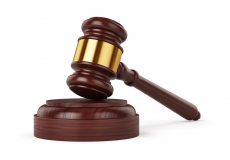Meet the Team
Categories
- Battle of Wills video series
- Personal law
- Business law
- Family Law
- Criminal law
- Employment
- Commercial litigation
- Conveyancing & property
- Debt recovery
- Wills & estates
- Contested wills & estates
- Claims
- Workers compensation
- Estate planning
- Elder law
- Business contracts
- Defamation
- Franchising
- Building & construction
- Motor vehicle accidents
- Firm news
- Videos














 Liability limited by a scheme approved under Professional Standards Legislation
Liability limited by a scheme approved under Professional Standards Legislation